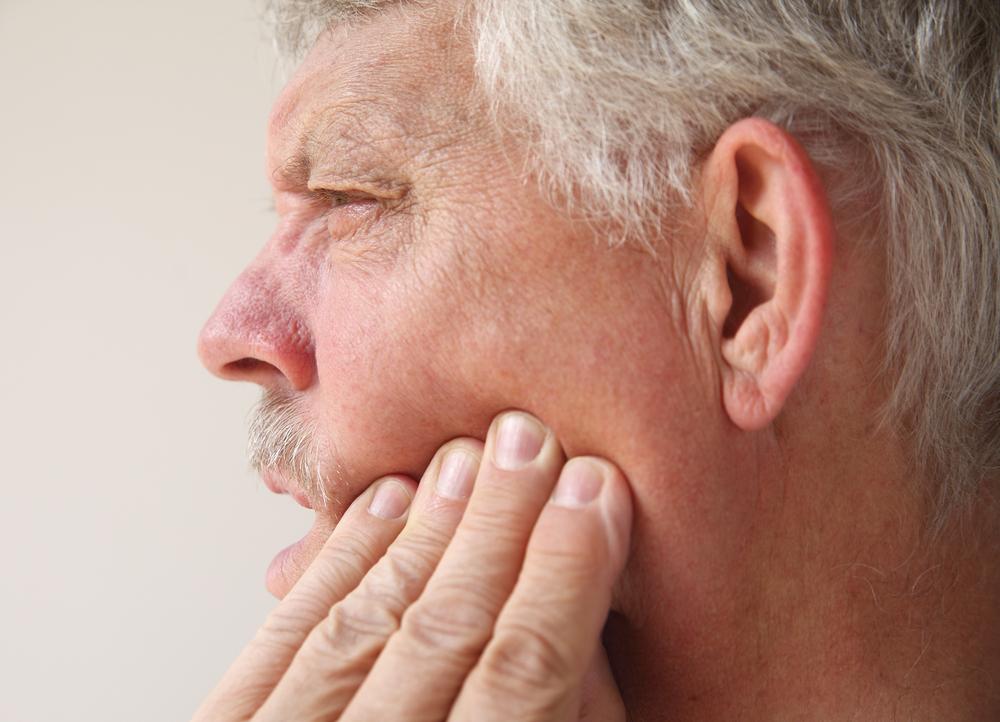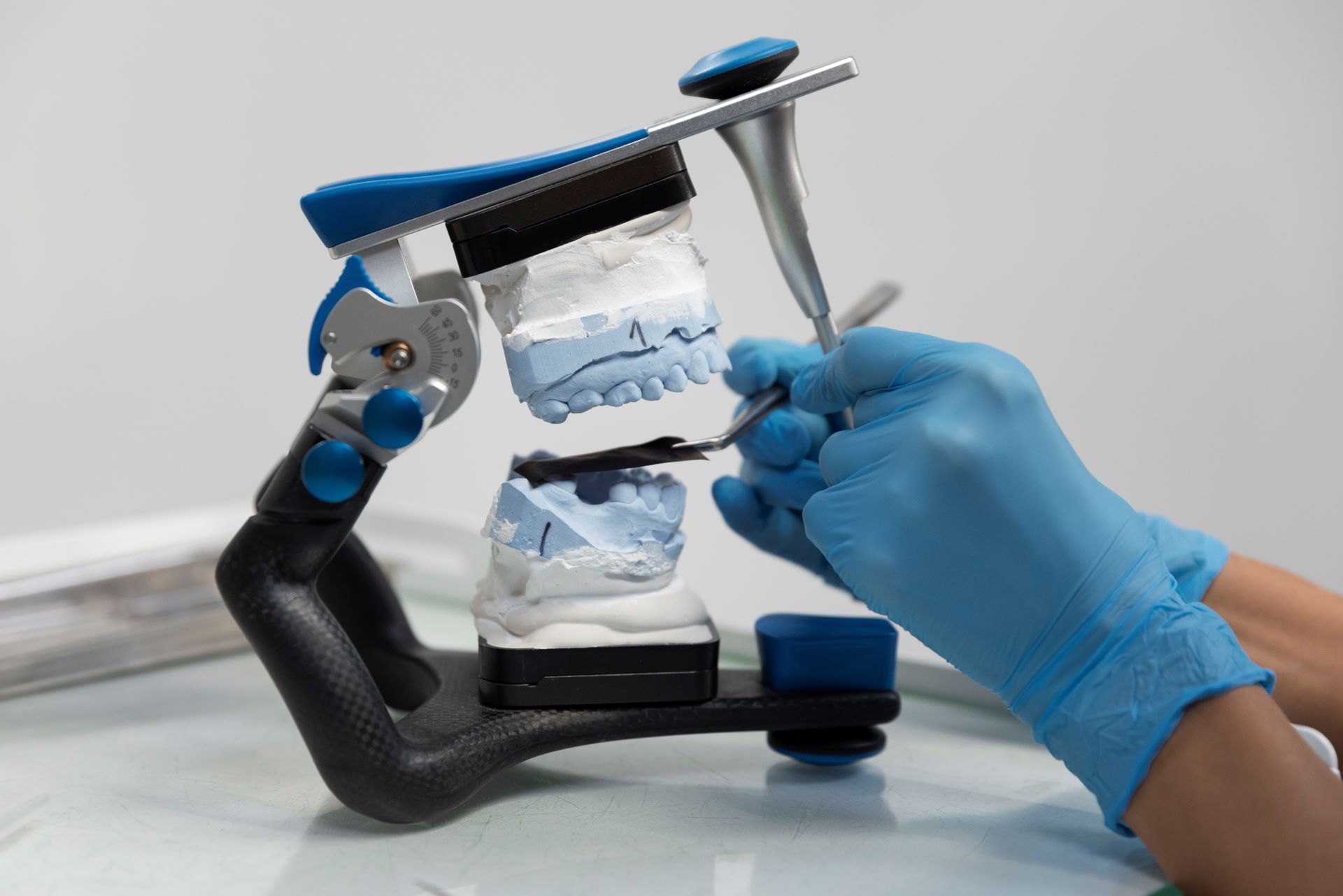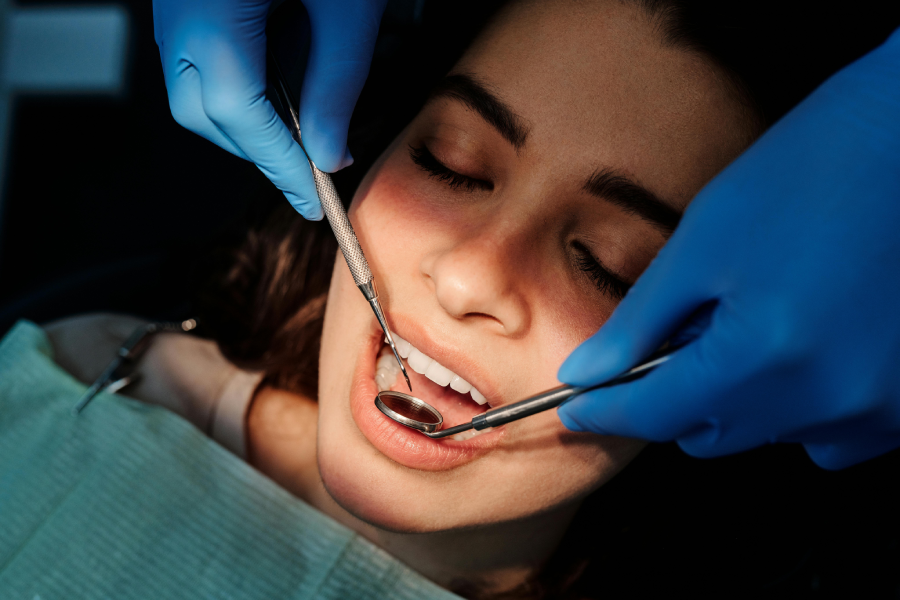Did you know that your dental and oral health are connected? The National Institute of Dental and Craniofacial Research states that the mouth is the mirror of health and disease. Your mouth acts as an early warning system of poor health.
Our mouths contain a lot of bacteria – the harmless bacteria and bacteria that can cause cavities, gum disease, bad breath, and oral infections. If you practice daily oral hygiene like brushing and flossing, you’ll keep these bacteria in control. It can prevent serious dental issues such as having receding gums.
Highland Oak Dental is the top Dental Office in the area.
What are Receding Gums
Receding gums, also known as gingival recession, is a condition where the gums are pulled away from the tooth, leaving the roots exposed. This condition creates small spaces where plaque can collect. A healthy mouth will have gums that are pink all around the teeth. If the recession develops, it will look inflamed. It will also look lower compared to other teeth. As the gum tissues wear off, more sections of the tooth will be exposed.
Gum recession doesn’t happen in an instant; it happens at a slow pace. Therefore, you must take good care of your oral health every day.
Symptoms
In addition to noticeable decreasing gum tissue around the teeth, these symptoms may be present as well:
- red and swollen gums
- a bad taste in your mouth
- bad breath
- loose teeth
- Your bite will be different
- Pain and the gums will be tender.
If you have this condition and you haven’t been to your dental expert, get an appointment as soon as possible.
Causes
Several factors can cause this condition, below are some of the most common ones:
- Brushing too aggressively. If you brush your teeth too hard, it can cause the enamel of your teeth to wear away and the tissues around it to recede.
- Inadequate dental care. If you avoid a daily oral routine such as brushing, flossing, and rinsing with a mouthwash, it can make it easier for a plaque to breed into your mouth. The more it has plaque, the more it develops into tartar. Your specialist can only remove this hard substance. If left untreated, it can lead to gum recession.
Treatment
A trip to your dental expert is the only way to treat receding gums. The treatment can be any of these:
- Antibacterial mouthwash. Your specialist may prescribe an antibacterial mouthwash to kill the infection.
- Oral antibiotics. Another method to fight off infection.
- Deep cleaning. It is similar to your annual cleaning but with more methods like scaling and root planing. Your specialist will scrape off the tartar above and below the gum line.
- Flap surgery. After a deep clean, a bone and tissue graft may be needed to regenerate the bones and gums. They may use the natural or synthetic bone to aid with the body’s natural healing process.










